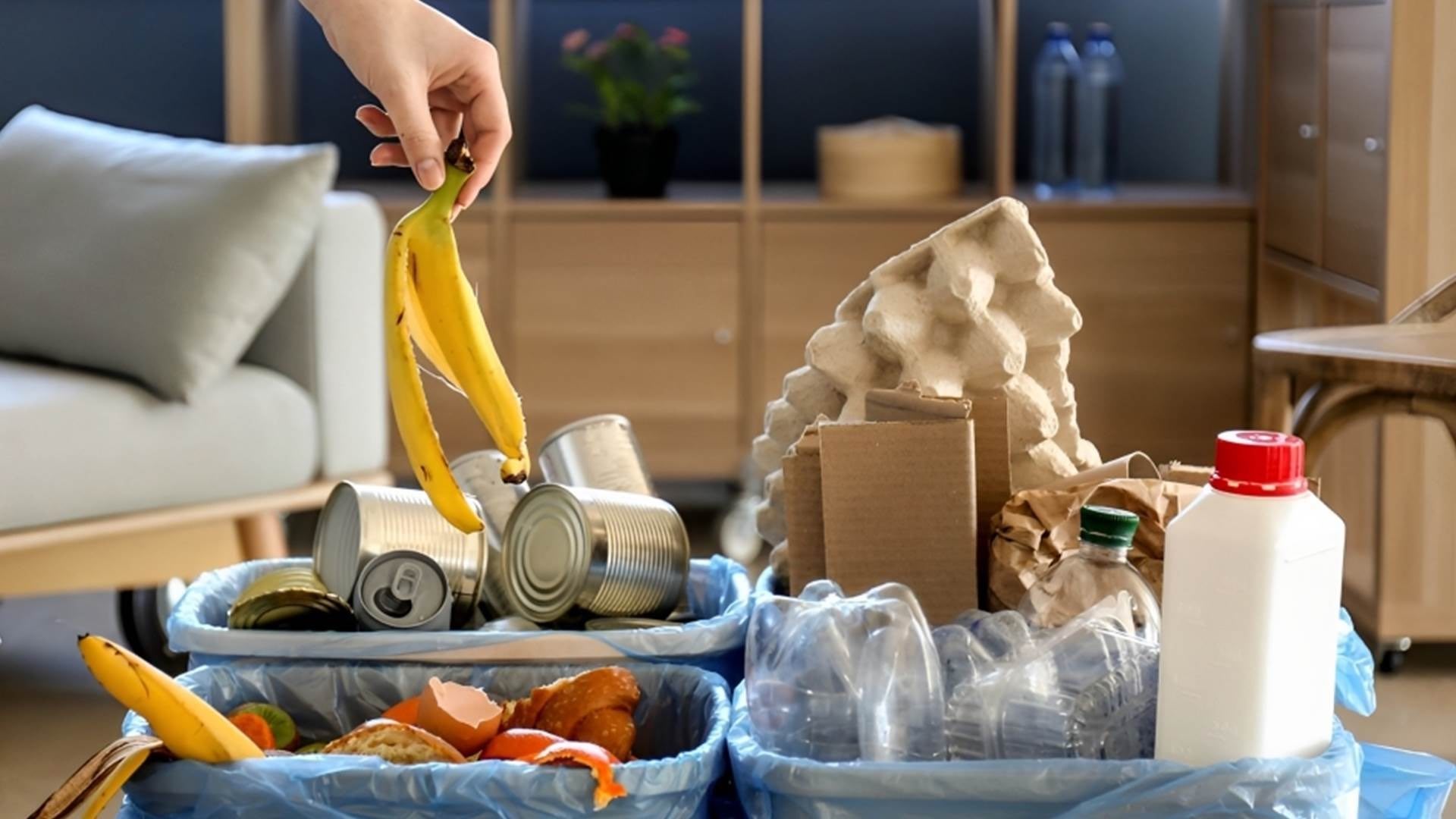Rola Abdul Al Khader Abbas, University of Technology – Department of Applied Sciences/Medical and Industrial Materials Science Branch
Abdulhameed Raheem Mahdi Al-sarraf, Baghdad University/Ibn Al-Haytham College of Education/Department of Physics
Summary:
The spread of the random and irregular housing system, as well as the inability to control waste disposal systems, leads to their accumulation and the spread of epidemics and diseases, also in the countryside.
The amount of waste will double about (2.6) times in the next few years and will reach (30.4) million tons in 2050, that is, the quantity will double about (7.9) times due to various human activities in Iraq.
The lack of interest in recycling this waste wastes the opportunity to acquire huge amounts of paper, plastic, iron, fabrics, and organic fertilizers that could save the country billions of dollars wasted annually in importing these products.
From 2012/01/01 to 2013/01/01, the Iraqi State was able to produce 4.844 million tons of organic fertilizer from garbage, which could be used successfully to fertilize a portion of the 6.599 million dunums of agricultural land, in addition to providing food (543.77 thousand) from cows and buffaloes.
If these areas are planted with alfalfa, this amount will increase to 14.869 million tons, or about 2.25 times in 38 years, and the cost of environmentally and hygienically harmful chemical fertilizers can be saved.
Iraq can produce 1.868 million tons of paper equivalent to 747.2 thousand tons of oil, 154.049 thousand tons of glass, 632.768 thousand tons of metal, and 1.898 million tons of plastic. These quantities are expected to reach (5.745 million tonnes) of paper equivalent in oil value (2.249 million tonnes equivalent), (1.976 million tonnes) of glass, (1.945 million tonnes) of minerals, and (5.836 million tonnes) of plastic in 2050.
Quantities of garbage discharges (2012) were sufficient to establish (72) metal, paper, glass, plastic, organic fertilizers, and fabric plants equivalent to ($80.117 million), while materials that could be excreted in (2050) are expected to encourage the construction of (223) metal, paper, glass and plastic plants
Accordingly, these huge investments naturally create a sustainable source of Iraqi national income. Recycling operations in Iraq also help to provide the Ministry of Health with the prevention of human diseases.
Recycling provides thousands of jobs, stimulates the income cycle, and stimulus in the regulation and economy of the waste sector.
Introduction:
Municipal systems in the developing world and the Arab States in particular are unable to provide the means to lift, transport and safely dispose of the discharge of their hard cities. It is well known that these countries are efficient at disposing of garbage. Garbage’s cities are only 40%, while 60% is left on the streets, talk shows, alleys, ruins, or unbuilt spaces between houses, where humans try to get rid of them by burning or burying unsafe.
In general, the magnitude of the problem is not limited to cities, as rural areas in most of these countries lack access to waste disposal. And it naturally arises out of this. This catastrophe was further amplified by the spread of slums around and within large cities resulting from the growing migration from the countryside to the city.
In general, the magnitude of the problem is not limited to cities, as rural areas in most of these countries lack access to waste disposal. This accumulation of garbage naturally results in the provision of food for the growth of insects and animals that feed on them, leading to serious health risks, especially for poor populations and slum dwellers.
Civilizational and industrial progress contributes to making the problem of household solid waste worse; Because the litter, with its modern combination, often contains biodegradable organic materials, while at the same time containing somewhat high proportions of materials with long or unlimited degradation periods. (such as plastic oil glasses, food packaging materials made from aluminum foil, plastic-lined cartoons or candles, and plastic bags) They have found no way to get rid of them in the countryside and in slums around cities other than by dumping them in waterways, whether drainage channels, canals, canals, or lakes.










